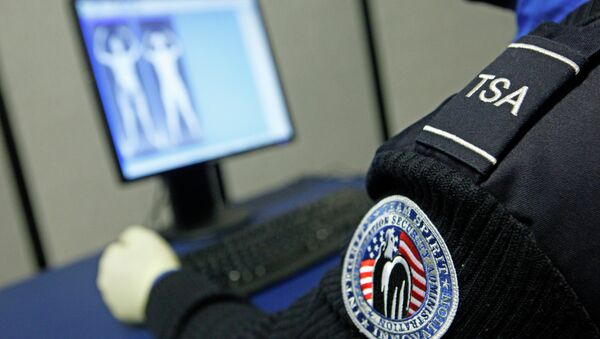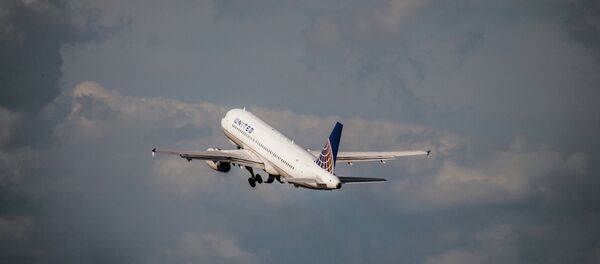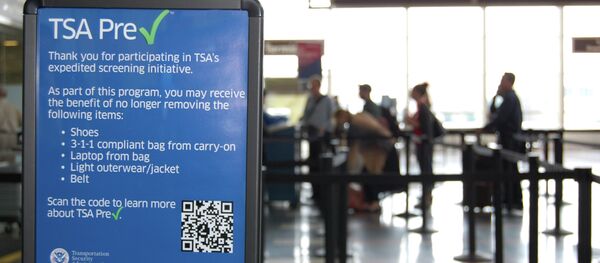The TSA has been using “behavioral detection” to find potential dangers at checkpoints in airports. Little is known about the “Screening Passengers by Observation Techniques” program except that it involves stopping people for exhibiting characteristics that may suggest the individual is nervous. For example, if a passenger is sweating or fidgeting.
However, critics have expressed concern that the actual determinations may often be the result of racial profiling. They have also argued that the program has not shown to be effective. Behavioral detection has not led to the apprehension of anyone who was shown to have dangerous motivations, they argue.
Even the Government Accountability Office questioned its effectiveness. In a 2014 report, the GAO noted a lack of evidence of results and suggested that Congress limit funding for it.
The ACLU, therefore, filed a Freedom of Information Act in October to find out the motivations for stops for “additional screening” or pat-downs, questioning and even calling local law enforcement to investigate. However, despite legal obligations, the TSA has refused to honor the FOIA more than five months after the request.
Government agencies are under legal obligation to provide documents requested through a FOIA within 20 business days, though some exceptions — such as matters related to national security — apply. The actual timeline can often take as months or years, however, particularly when the processing includes redactions of sensitive information.
"Although the TSA has been using behavior detection techniques in some form since 2003, there is no known instance in which these techniques were responsible for apprehending someone who posed a security threat,” he lawsuit alleges. “However, the public knows little about the scope, effectiveness or purported scientific basis for these programs.”
John Pistole, a former TSA administrator, however, defended the practice.
Without it, he told Congress in 2013, “There would be fewer passengers going through expedited screening, there would be increased pat downs, there would be longer lines, and more frustration by the traveling public.”
Pistole also argued that the program did not use race or other illegal factors in making the determinations.
"Anybody who is found to be profiling will be investigated and dealt with appropriately," he said.




